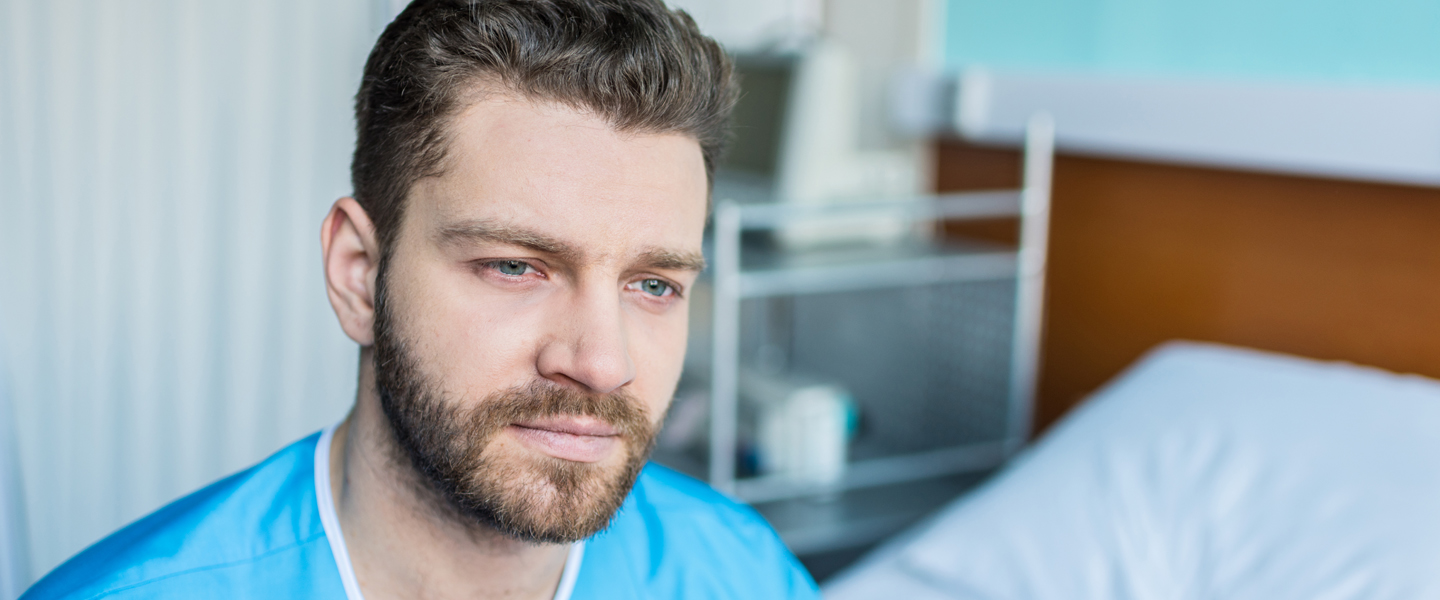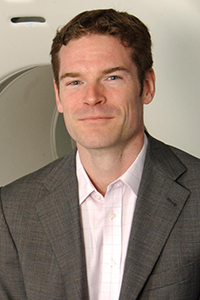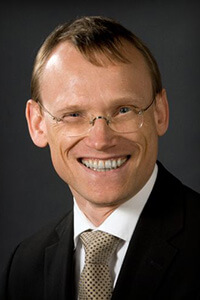Researchers Report Clozapine Reduced Risk of Second Psychosis Relapse by 34% in Study of 3,000 Young Schizophrenia Patients
Researchers Report Clozapine Reduced Risk of Second Psychosis Relapse by 34% in Study of 3,000 Young Schizophrenia Patients

What is the most effective way to prevent psychosis relapses in people who have been hospitalized for a first episode of schizophrenia? Results of a population-based study recently published in Lancet Psychiatry suggest a treatment strategy that is at variance from current standard practice. It involves quickly placing schizophrenia patients suffering a first psychosis relapse on the atypical antipsychotic medicine clozapine.
A first episode of psychosis often—although not in every case—is the prelude to a diagnosis of schizophrenia. Psychosis involves hallucinations, delusions, and difficulty distinguishing real and unreal perceptions, thoughts, and sensations. A first psychotic experience, which typically occurs between the late teen years and mid-20s, may be preceded by several years of “prodromal,” i.e., preliminary, symptoms.
As noted by the research team that published the new evidence about preventing relapses, “a large proportion of patients have a good response” to antipsychotic medications following their first episode of schizophrenia-related psychosis. About 80% have reductions in total symptoms of at least 20%, and about half have a 50% or greater reduction. Still, about 70% of newly diagnosed schizophrenia patients will have at least one psychosis relapse within 5 to 7 years, according to the researchers.
This is crucial, the researchers say, because the effectiveness of antipsychotic medicines declines after a first psychosis relapse, and notably so after a second relapse. Led by two researchers from Finland, Drs. Heidi Taipale and Jari Tilhonen, the team noted the paucity of robust data about preventing psychosis relapses in young schizophrenia patients, and sought to determine, using Finnish national medical databases, whether the initial choice of an antipsychotic medication after a first episode or of switching from one medicine to another following a first relapse would affect the risk of a given patient having a second relapse within two years.
Oliver Howes, M.D., Ph.D., a 2013 BBRF Independent Investigator, and Christoph U. Correll, M.D., a 2007 BBRF Young Investigator, were members of the team and co-authors on the new paper.
“There is no established treatment protocol for patients who have relapsed despite ongoing antipsychotic treatment,” the team writes. There are several possible options: continuing with the same medicine that was used before a first relapse; switching to another antipsychotic, whether oral or a longer-lasting injectable; or prescribing several antipsychotic medicines in concert. Importantly, they add, “clozapine is the most efficacious antipsychotic, but due to safety problems treatment guidelines state that at least two other antipsychotics should be tried before switching to clozapine.” Even when clozapine is selected, there are obstacles: patients must regularly have their blood monitored, since a rare side effect of clozapine is agranulocytosis, a serious condition marked by dangerously low white cell counts. This often serves to steer patients away from clozapine despite what many consider its advantage in reducing schizophrenia symptoms. This is true despite additional evidence indicating that mortality, notably including death from suicide, is substantially lower when a patient is maintained on clozapine.
To assess the full spectrum of second-relapse risk probabilities in young schizophrenia patients, the team mined Finland’s comprehensive national health database. Included in their analysis were individuals 45 years old or younger who were hospitalized for first-episode schizophrenia and subsequently were hospitalized for a psychosis relapse between 1996 and 2014. The study included only patients who had not been taking antipsychotic medicines within the year prior to their initial hospitalization for schizophrenia and whose relapse occurred within 5 years of their first-episode discharge.
Thanks to the Finnish records, the team could analyze how each of the patients in the study cohort of 3,000 first-episode schizophrenia patients were treated, specifically in the 30 days prior to hospitalization for a first psychosis relapse and in the 30 days following discharge. The possible treatments included: clozapine; non-clozapine oral antipsychotic monotherapy or multiple antipsychotic agents; long-lasting antipsychotic injectable; or no use at all of an antipsychotic.
The question addressed was: in each of the various approaches, what was the risk of the patient having a second relapse within two years of discharge after the first relapse? The cohort was 30 years old, on average, and 64% were male. Soberingly—although no surprise to the researchers—71% of the cohort had a second relapse within 2 years of discharge for their first relapse. But there were large differences within the total cohort that corresponded with what kind of treatment they received just before and just after the first relapse.
One eye-opening finding was that after being hospitalized for a first episode of schizophrenia but before a first psychosis relapse, 45% of the cohort were not taking any antipsychotic medicine. About 32% were taking a single non-clozapine oral antipsychotic. About 10% were taking clozapine. About 4% were taking a long-lasting injectable antipsychotic (typically receiving injections once a month).
The fact that such a large portion of the cohort were not taking any antipsychotic medicine at the time of a first relapse suggested to the team that in the “real world,” many patients choose to stop treatment—and, in terms of preventing relapses, this is harmful to patients. Although about an equal portion of non-medicated patients and medicated patients had a relapse (just over 70%) during the study timeframe, what happened afterward is telling. Although about the same number of unmedicated patients chose not to take an antipsychotic even after a first relapse as those who did, those who did begin oral antipsychotic monotherapy were less likely to have a second relapse within 2 years.
But the most striking finding had to do with clozapine: 973 participants used non-clozapine oral antipsychotic monotherapy prior to their first psychosis relapse, 71% of whom (695) had a second relapse within 2 years. But those who switched to clozapine within 30 days of discharge following first relapse had a significantly lower risk of a second relapse: their relapse risk was reduced, said the team, by 34%.
“Compared with continuing the same treatment strategy used before the first relapse, switching to clozapine was always associated with the lowest risk of a second relapse,” the team reported. Those switching from a non-clozapine antipsychotic monotherapy to clozapine had a 34% lower risk of second relapse. Those switching from no use of an antipsychotic at all prior to the first relapse to clozapine after it had a 48% reduction in second- relapse risk.
At the same time, those who before their first relapse were on a non-clozapine antipsychotic monotherapy who switched after first relapse to another medicine of the same type had no change in second relapse risk. Switching from clozapine to other oral antipsychotics after a first relapse more than doubled risk of second relapse.
The team interpreted their results this way: “Our findings challenge the current treatment guidelines recommending clozapine as a 3rd-line treatment,” a practice which results “in long delays to clozapine initiation” even when a switch to clozapine is made. Also they noted: “When a person with first-episode schizophrenia has a first psychosis relapse, continuation with the same non-clozapine antipsychotic or a switch to another non-clozapine oral antipsychotic is not beneficial in suicide prevention.” They therefore concluded: “Clozapine initiation should be considered as a part of shared decision-making with the person with schizophrenia and care-givers.”
The team urged the replication of their results in other patient samples, including those in nations that do not have ready access to acute psychiatric care as has existed in Finland for many years.
Dr. Howes said: “These findings challenge decades of clinical practice. We really need controlled studies to test the early use of clozapine further. One, called INTENSIFY, is currently underway in Europe and should give us an answer in the next 2 years.”




